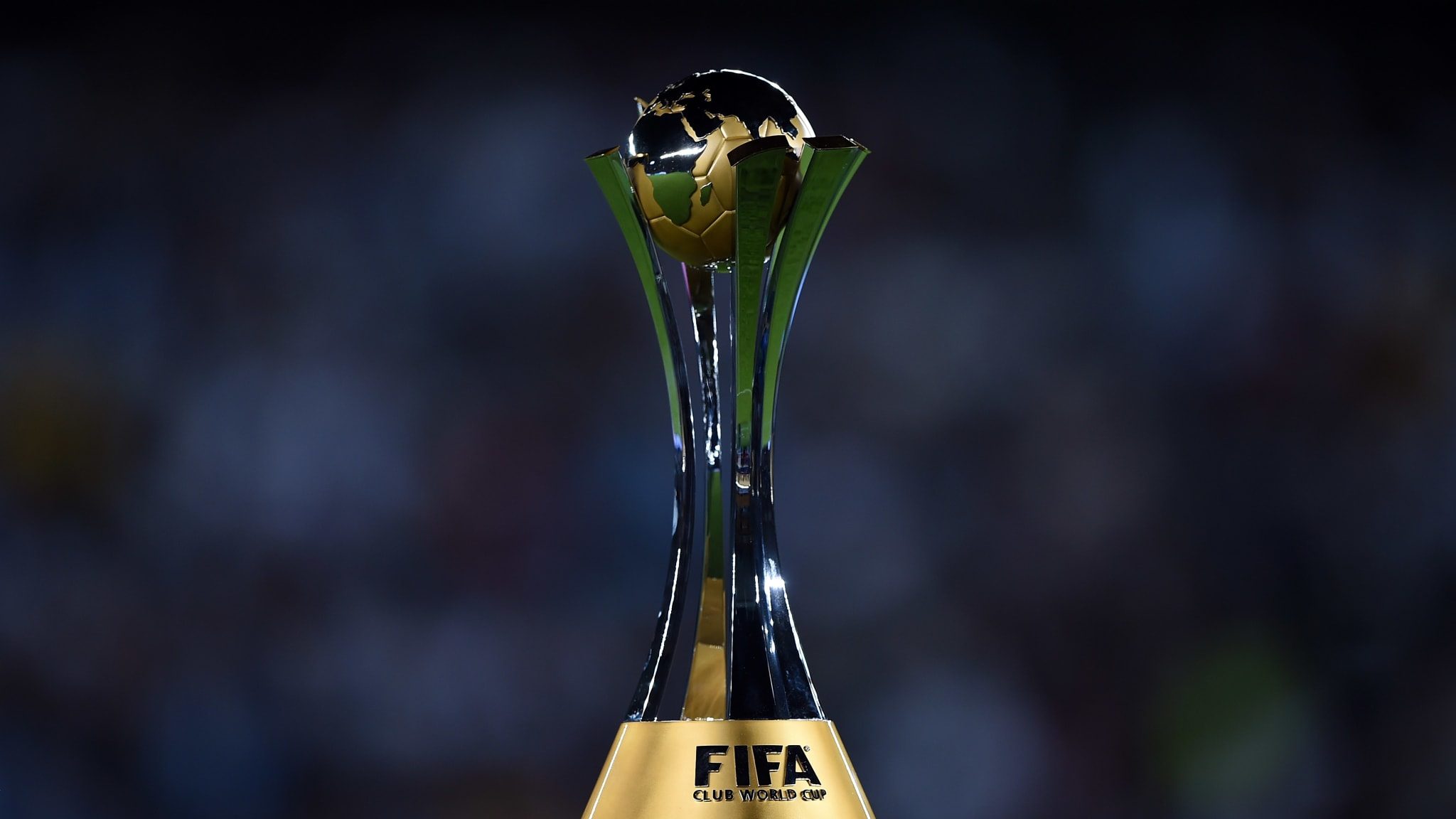Ahead of the 2026 World Cup in the United States, Canada, and Mexico, the revamped football tournament will seek a different format as it would act “like a World Cup”.
The inaugural edition of the expanded FIFA Club World Cup in 2025 has been revealed by FIFA to last 29 days, beginning on June 15 and finishing on July 13, becoming the first of its kind.
With the United States hosting the tournament, the first 32-team Club World Cup will feature clubs from each of the six confederations, with 12 European teams qualifying.
Current world champions Real Madrid, Chelsea, and Manchester City have qualified automatically as the most recent Champions League winners in the four-year cycle.
Bayern Munich, Paris St-Germain, Inter Milan, Porto, and Benfica have also all secured places in the tournament in 2025 via the coefficient pathway, which is based on performances in international competitions over the previous four seasons.
Arsenal can join the North American pitch if they win the Champions League this season.
The tournament will include 32 clubs and start with a group stage – eight groups of four teams.
The top two teams from each group will then progress to the round of 16, with all single-legged games in the knockout rounds, and there will not be a third-place playoff.
FIFA president Gianni Infantino confirmed the news at a Sunday meeting in Jeddah, Saudi Arabia.
Last year, this time at the 2022 Qatar World Cup, Infantino said there would be changes to the club format mirroring a “World Cup.”
Unlike the previous format that witnessed seven clubs from six different confederations participate, Infantino expressed that the 2025 edition will be unlike any other.
“We had agreed a few years ago to have a new 24-team men’s Club World Cup. It should have taken place in 2021 but was postponed because of COVID,” the FIFA president said last December.
“The new competition will take place in 2025 and will feature 32 teams, making it really like a World Cup,” Infantino added.
Now, the revamped format will be played in the same slot where FIFA held the Confederations Cup for international teams and a year before the 2026 World Cup.
FIFA said the summer dates had been set to ensure the scheduling aligns with the international match calendar and to allow sufficient rest time before the start of the domestic seasons.
However, that news of expansion by FIFA has been followed by severe objections from the Professional Footballers’ Association (PFA) and Fifpro, the World Players’ Union.
“Players have become pawns in a battle for primacy between football’s governing bodies,” he added. “With no-one willing to take a step back or to work collaboratively to create a sustainable calendar,” PFA chief Maheta Molango said.
“These decisions have consequences – not just for players who are being pushed until they break. But for the future quality of these tournaments, with players becoming injured or withdrawing from games as they make their own decisions about how to manage what have become ridiculous demands,” Molango added.
In a statement, Fifpro said there was also “a disregard” for players’ “personal and family lives” regarding the tournament.
“The expanded competition will undercut the rest and recovery time of these players at the end of the 2024-25 season and further disrupt national employment markets by changing the balance between national and international competitions.”
“Players will have to perform at the end of an 11-month season with little prospect of getting enough rest before the following season starts,” Fifpro added.







